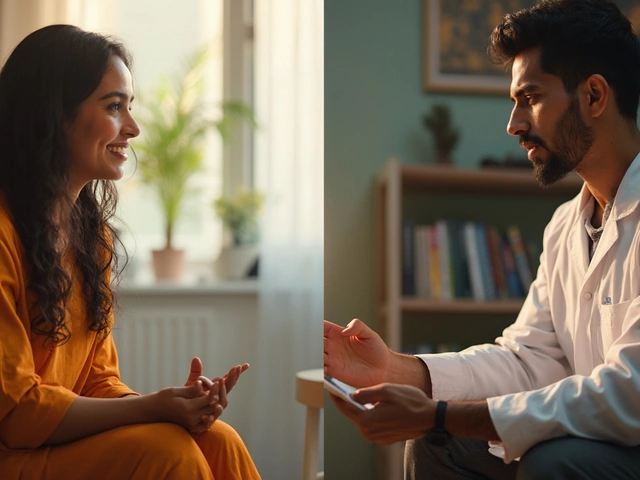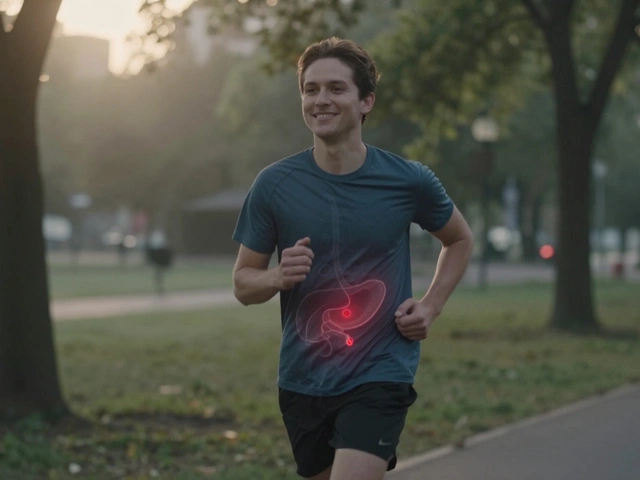Caffeine: What It Means for Your Medicine Safety in India
If you think caffeine is just the buzz you get from coffee, think again. In India, caffeine sneaks into a lot of over‑the‑counter drugs and some prescription meds. That extra punch can help with pain relief or alertness, but it can also tip the balance toward toxicity, especially if you’re already juggling other stimulants.
Why does caffeine end up in medicines? Manufacturers add it because it can boost the effectiveness of painkillers, make antihistamines work faster, or simply mask fatigue caused by the illness itself. The amount varies wildly – some tablets contain a handful of milligrams, while a single dose of certain weight‑loss pills can pack the same caffeine as a strong espresso.
How Caffeine Shows Up in Common Drugs
Look at the label on headache tablets or cold syrups. You’ll often see caffeine listed alongside acetaminophen or ibuprofen. In these combos, caffeine narrows blood vessels, which can reduce headache pain faster. The downside? If you already drink a lot of chai, coffee, or energy drinks, you could end up with 300‑400 mg of caffeine in a day without even realizing it.
Sports supplements are another hotspot. Many Indian fitness products tout “energy‑boosting” formulas that rely heavily on caffeine. The problem is the dosage isn’t always transparent. A single scoop might contain as much caffeine as a full cup of filter coffee, and taking multiple servings can push you into jittery territory.
Even some herbal blends marketed for weight loss hide caffeine under the guise of “natural extracts.” When combined with other stimulants like ephedra or bitter orange, the risk of heart palpitations, high blood pressure, or sleeplessness spikes dramatically.
Staying Safe: Practical Tips
First, always read the ingredient list. If caffeine is there, note the amount in milligrams. Compare it to your daily caffeine intake from beverages – the average adult limit is about 400 mg per day.
Second, consider timing. Taking a caffeine‑laden tablet late in the afternoon can mess with your sleep, which in turn weakens your immune system and slows recovery.
Third, talk to your pharmacist or doctor, especially if you have heart conditions, anxiety disorders, or are pregnant. They can suggest caffeine‑free alternatives or adjust dosages.
Finally, watch for symptoms of excess caffeine: rapid heartbeat, shaking, upset stomach, or persistent headaches. If any of these appear after starting a new medication, stop it and seek professional advice.
Bottom line: caffeine can be a helpful ally in medicines, but only when you know what you’re consuming. By checking labels, balancing your coffee habit, and staying aware of side effects, you can enjoy the benefits without the toxic fallout.

Can We Drink Coffee While Taking Ayurvedic Medicine? What You Need to Know
Ever wondered if your love for coffee clashes with Ayurvedic medicine? This article breaks down how coffee may interact with herbs, what Ayurveda has to say about caffeine, and when it's safe or risky to mix the two. Get tips from everyday habits and learn how timing, personal constitution, and lifestyle choices play a big role. Don’t miss practical advice to make sure your morning brew doesn’t ruin your wellness journey. Clear, actionable info—no fluff, all facts.

What is the Hardest Part of IVF?
Mar, 23 2025



